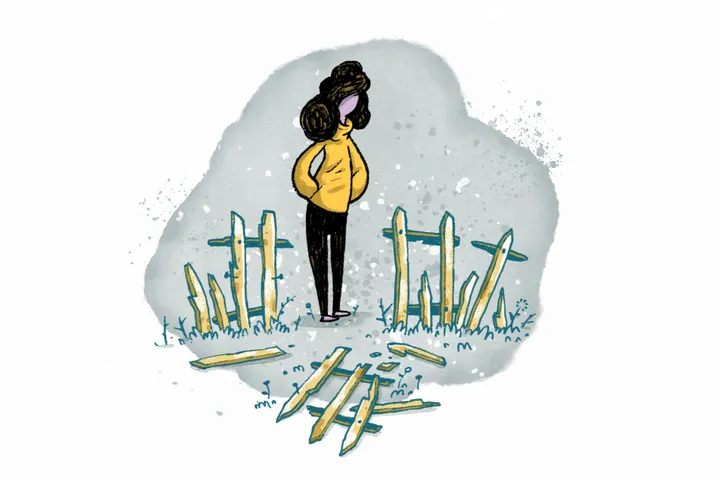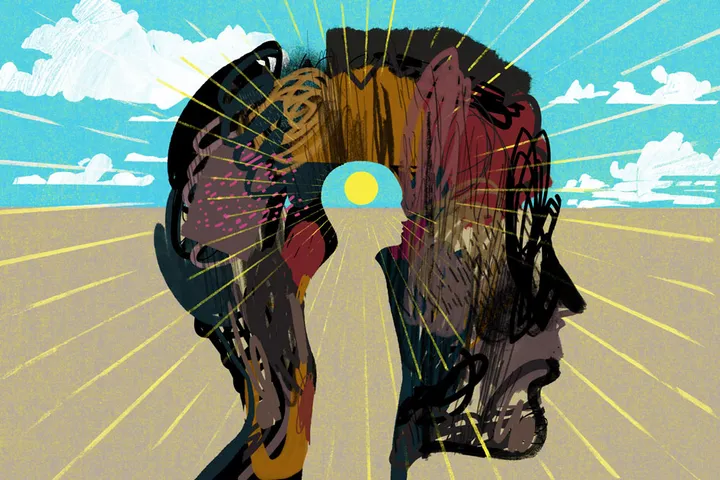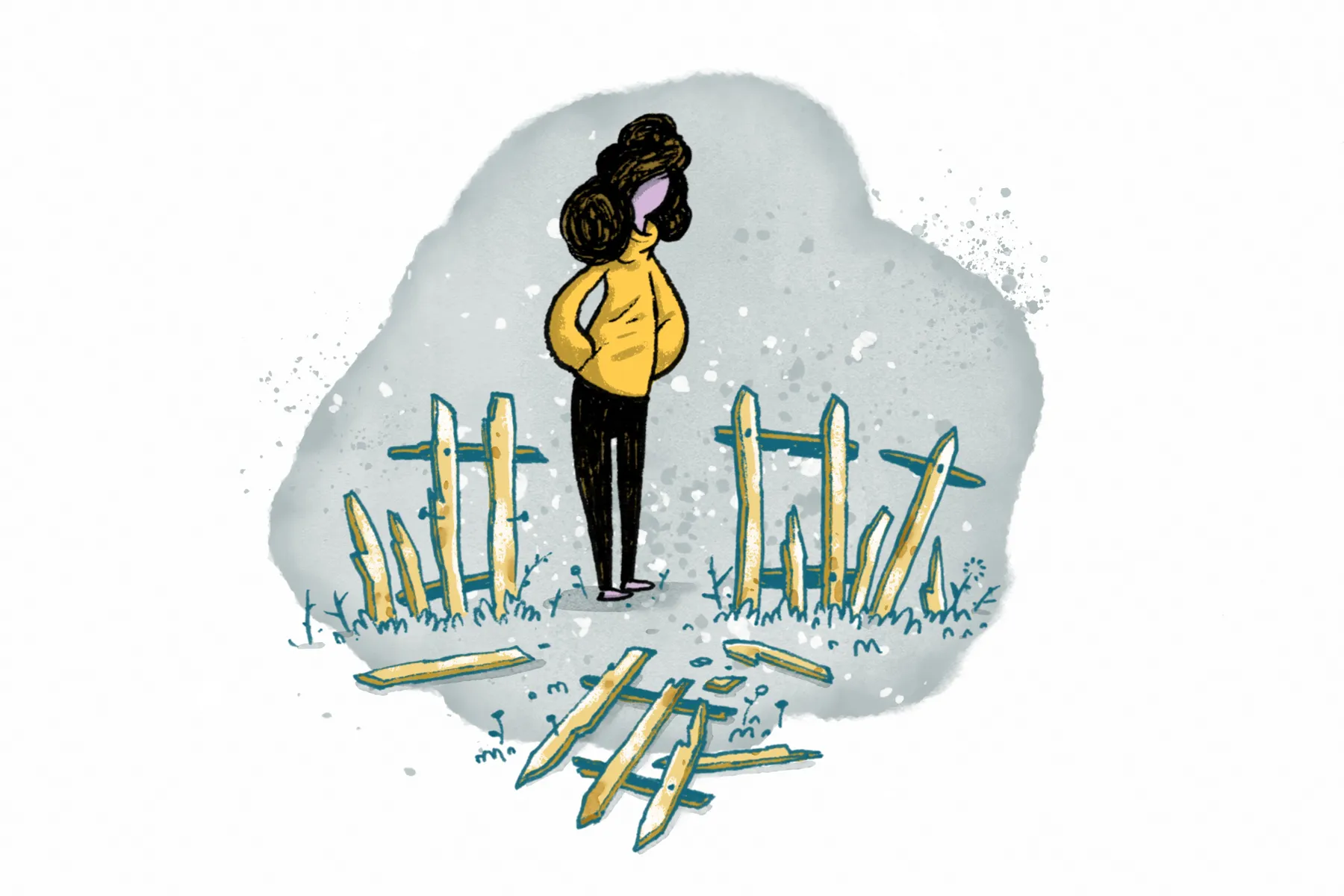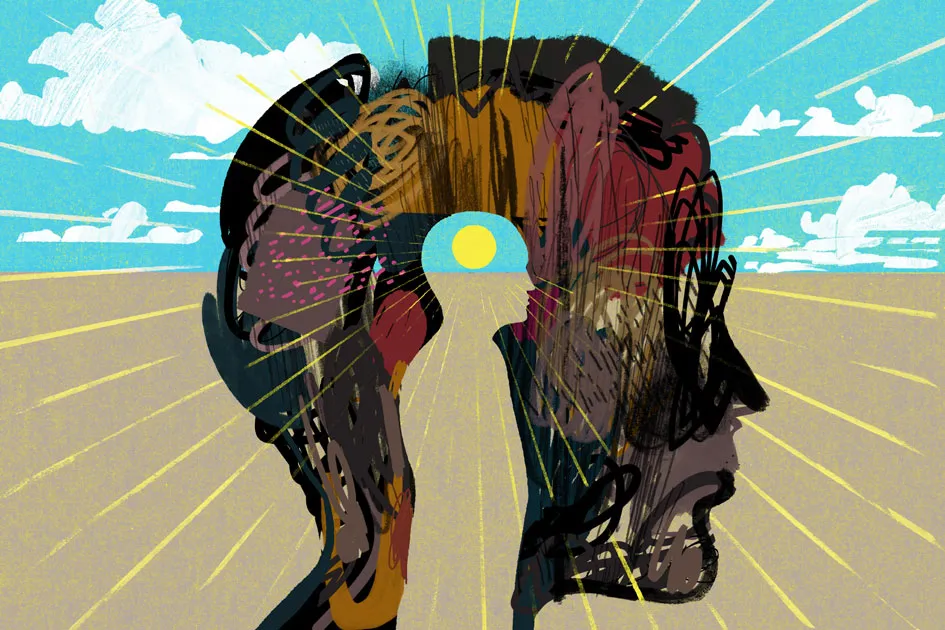There was so little time.
First, the email announcing he was in the hospital. Infected lungs and pneumonia. Several hours passed before another arrived. Kidney failure. And then, the stark news: Notifications lit up my phone, buzzing the kitchen drawer. The servant of God, Jacob, had fallen asleep in the Lord.
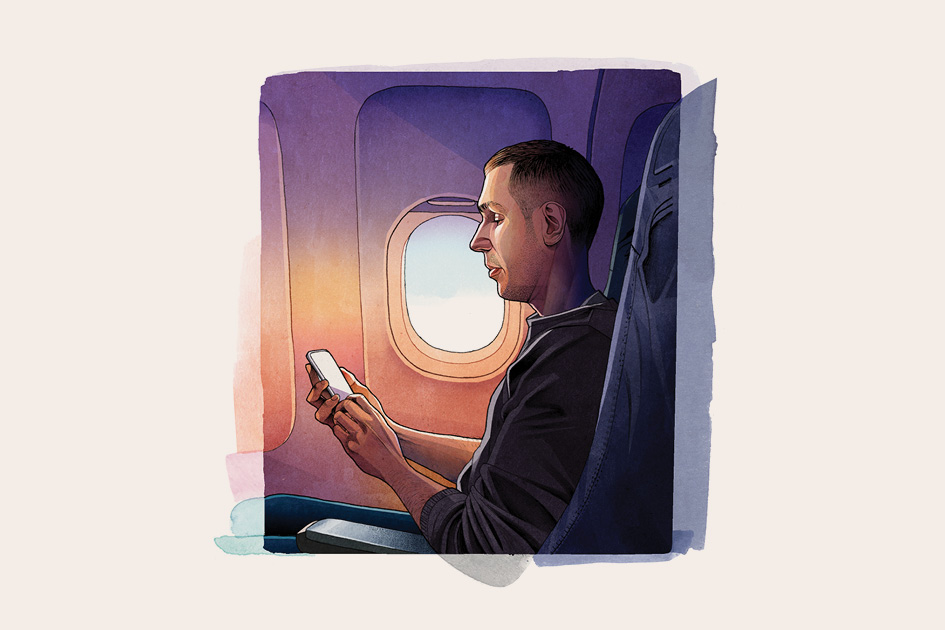
Illustration by Adam Cruft
Seventy people had made their way to the ICU that evening to send off our beloved pastor into the great life beyond. Someone read from the psalms as he took his last breath and quietly slipped into God’s realm—where there's no sorrow or sighing, and Christ and His saints waited to embrace one of their own.
In the years since his death, I’ve often reflected on his example—a man full of love for God and neighbor, and especially the poorest among us. A man who had been a radiant and joyful guide. I still hear his voice blessing us, his flock, and see that earnest look in his eyes as he preached the gospel.
But I haven't always thought of him with such affection. At the time of his death, it had been a little while since we had last seen each other. My family had been out of the country for a few weeks visiting relatives, and we had missed church the Sunday before leaving. I sent an email to explain we were out of town and not to worry. His reply was characteristically brief and full of fatherly care: “Missing you and wishing you well in England,” he wrote. “All is well here.”
I thought about those words “missing you” and wondered how much I reciprocated the feeling. For a while, I had been somewhat critical of him. An enthusiastic advocate for fasting, he often spoke as a parent might of why we should give up as much as possible for the Lord. Instead of accepting His words with the care he intended, I dismissed them as legalistic. When he spoke of how God miraculously met him in the small, mundane moments of life, I felt cynicism swell within me. Instead of allowing his witness to nourish my faith, I decided he was superstitious. And sometimes, because of his blunt way of speaking, I accused him of being tactless when I should have humbly received his honest, yet loving, rebuke.
Soaring over the Atlantic on the flight home from England, I recalled his email. Those simple words “missing you” repeated in my mind, reminding me of the kindness I had observed him enacting. I had been unfair. Hadn’t I noticed how he lovingly engaged anyone who walked through the church’s heavy wooden doors? Hadn't I seen him embrace the stranger—whether poor or rich—time and again? Hadn't he embraced me?
I had let criticism build a wall between us—him standing on one side, and me on the other. And then he was gone. There I was, as if standing alone in a small room. And the wall built between us had become a mirror reflecting my pride back to me.
There was so little time, and I had squandered it. How typical, I thought, to have let what is small come between me and what is eternal—to have let sin stand in the way of life and love. This is what pride does to us. It divides. Callouses the heart. Keeps us from gifts Christ intends us to receive.
A few weeks after his death, I was sitting in the office, enjoying the quiet of late afternoon. On my computer, a picture of a blued-eyed pastor in a black hat stared at me. I stared back a long time—longer than I had ever looked at a single portrait—pondering his expression. And what I saw surprised me. In what at first appeared to be sternness, I saw a hint of mirth in the corner of his eye, as if a witty joke had just come to mind. I looked more and mirth became sobriety, and sobriety contentment. Then, ever so subtly, in the slight arc of his brow, compassion, humility, and forgiveness.
In the complexity of his face, frozen in time, was a final sermon. One that spoke to me from the life beyond. I could finally see that all his life was for Christ—to become like Him and to help us do the same. The encouragement to fast paired with loving rebukes. The blunt assessments, the jokes he made so that we might take ourselves less seriously.
I looked at his photo a while longer, and nothing stood between us. Only the love that had been there all along remained—what I had been too proud to embrace. A healing love as if from the Lord Himself.

